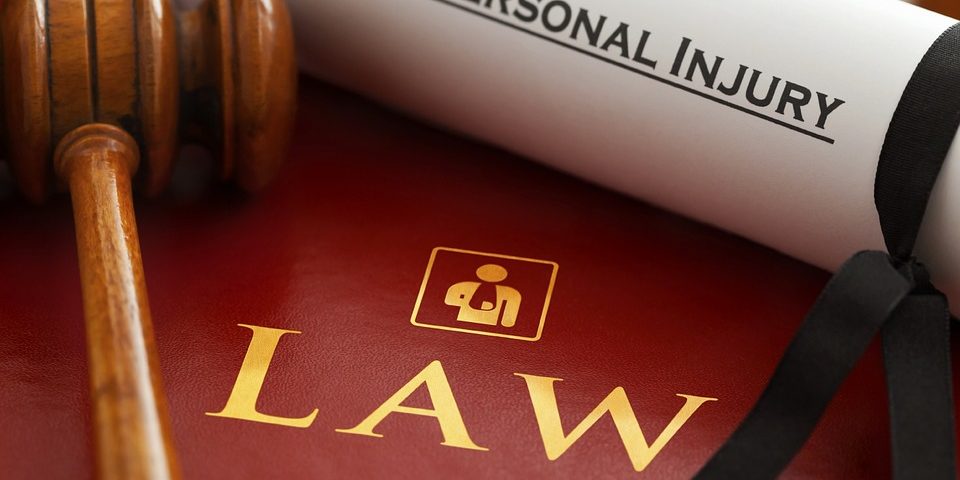You may have heard of having a power of attorney, but do you know why you need one?
There may be times in your life when you are not able to make necessary decisions. If that’s the case, then you will want to appoint someone you trust to make those decisions for you and that person will be your power of attorney.
If you don’t set up a power of attorney, but later lose the mental capacity to communicate what you want, then someone else will be involved. This type of situation is often referred to the Court of Protection. However, it’s easier for everyone if you plan ahead and set someone as your power of attorney legally.
Types of Power of Attorney
There is more than one type of power of attorney and you should be aware of them all. A solicitor will be able to give you more information on deciding which you might need, but here’s a brief introduction to the three kinds of power of attorney:
Ordinary power of attorney: This refers to financial decisions over a temporary period of time. It’s ideal for when you are incapacitated, such as in the hospital or unavailable, such as when you’re away on a holiday.
Lasting power of attorney: If you should lose mental capacity or decide to give over your power of attorney, this allows someone else to look after your health, care, and finances. They will make important decisions for you in the long term.
Enduring power of attorney: This type of power of attorney no longer exists, but if you signed an EPA prior to 1 October 2007, it is still in effect.
Ideally, you will have both an ordinary power of attorney and a lasting power of attorney set up. This means you will be taken care of and necessary decisions made for you when you need help temporarily or permanently. It’s also possible to create limitations so that your power of attorney can handle your affairs at the bank and post office, but not make any decisions on your home or business. You choose what limits you want to place.
Why You Must Assign Your Power of Attorney
It may seem like your spouse or another family member will automatically be able to make decisions for you regarding healthcare and finances should you lose the ability to do so. However, they won’t be able to unless you have legally assigned them that right.
Don’t leave things up to chance – set your power of attorney now. Call Richards & Lewis today to schedule an appointment where our experts can answer your questions in more detail.







